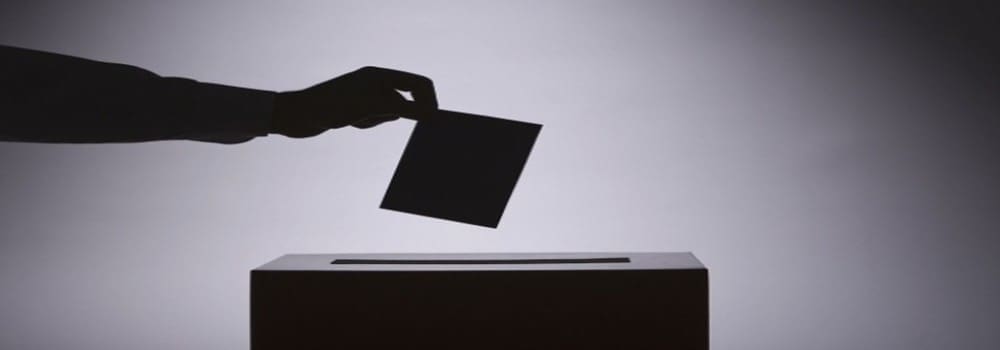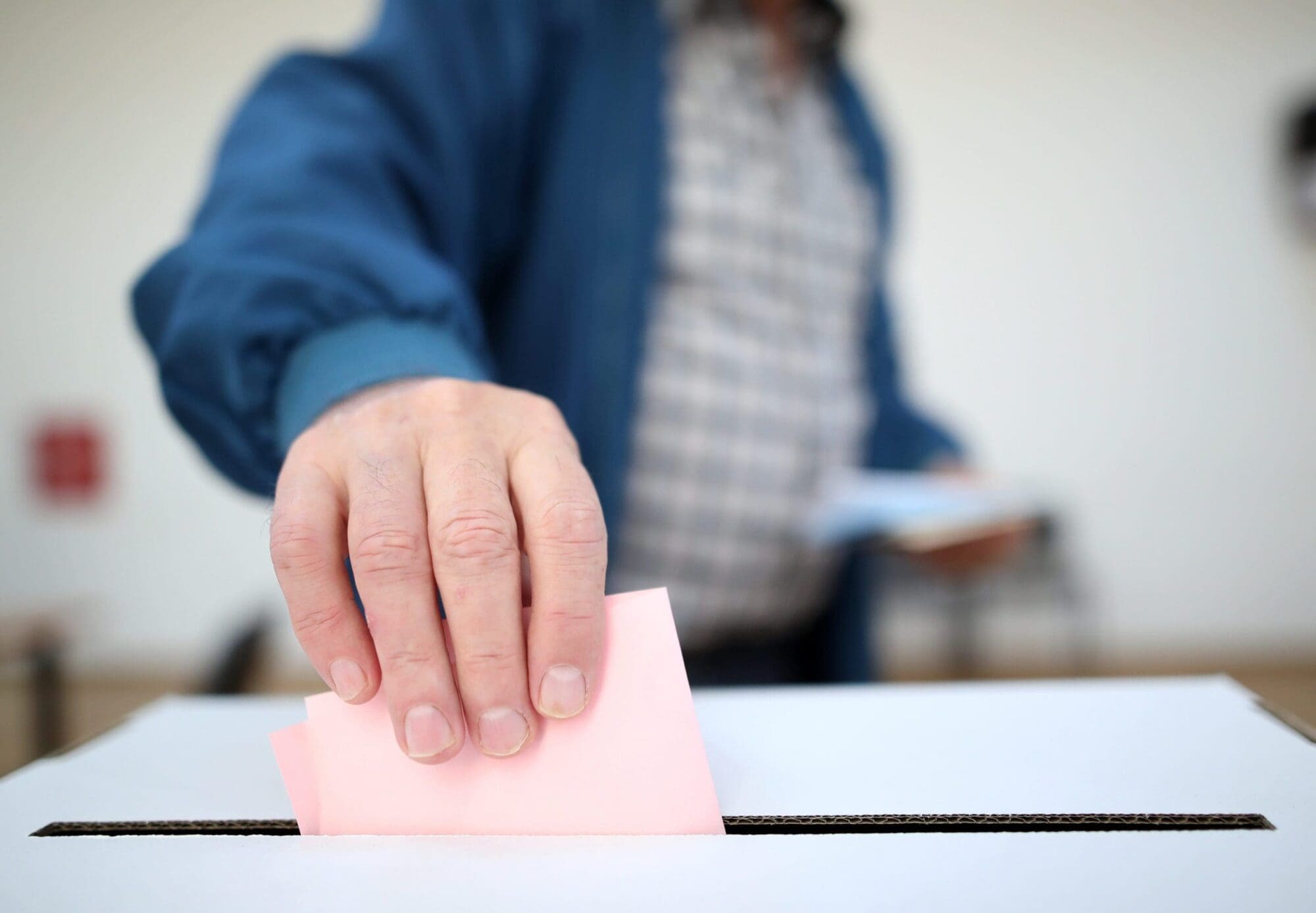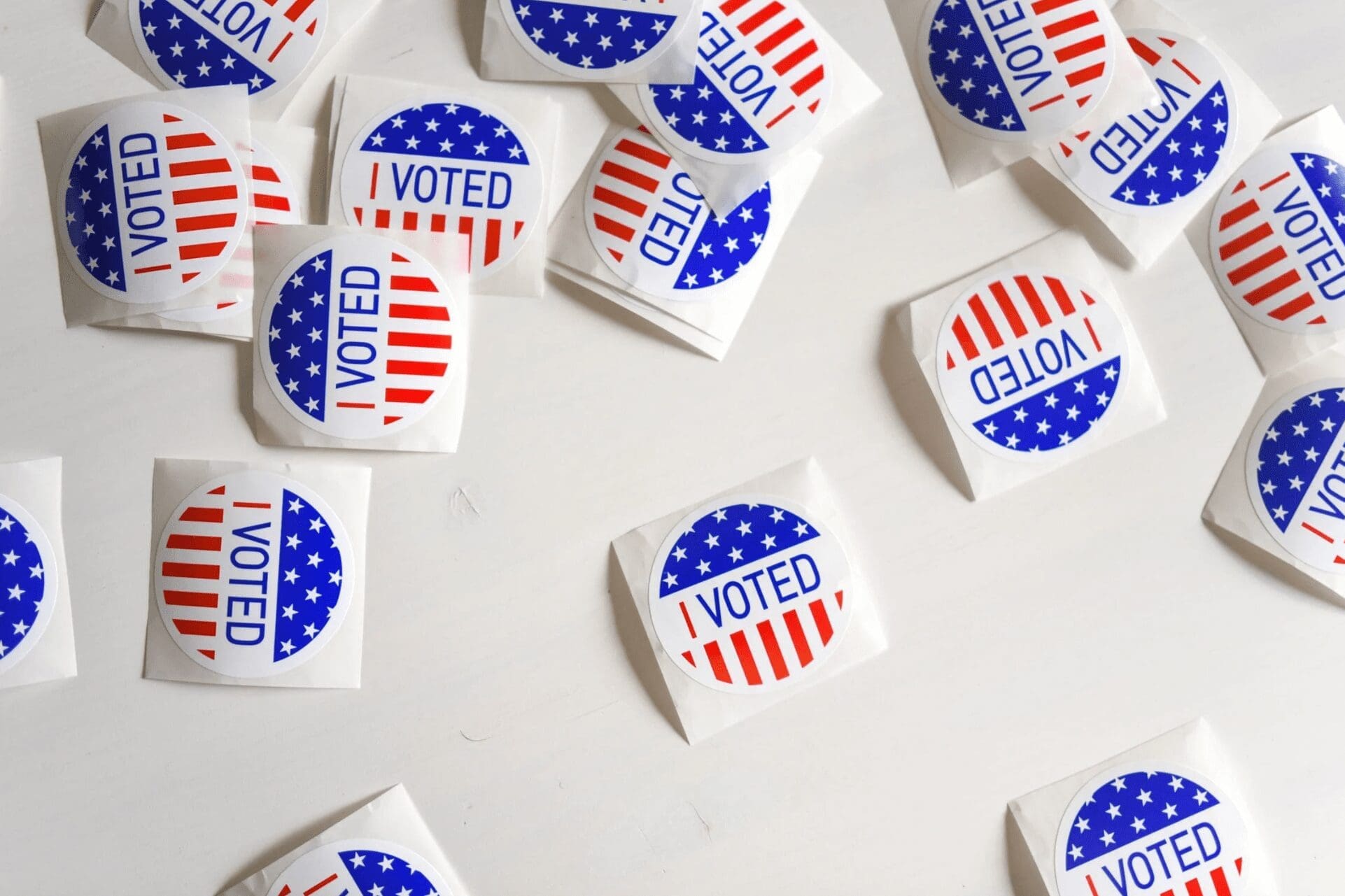In the wake of last year’s mail-ballot scandal that sparked an ongoing criminal voter fraud investigation, Dallas voters are eager for ballot security solutions.
But the Dallas County Elections Department’s new rules to restrict mail-in ballot applications aren’t going to do much to make voting by mail more secure – and they aren’t really meant to.
Under rules approved Tuesday by Dallas County Commissioners Court, the elections office will limit the number of “pre-printed” mail-in ballot applications it provides to the public and keep track of who it gives them to. Individuals are allowed only five pre-printed applications per election; verified candidates or their representatives are allowed 200.
Yet anyone can still print as many mail-in ballot applications as they want, with no tracking. The form “will remain posted on the DCED DallasCountyVotes.org website and can be downloaded and printed without restriction,” the elections office confirms.
Hardly an airtight security system.
In fact, in their request to commissioners to implement the new policy, elections officials plainly stated they’re limiting the number of mail-in ballot applications the office distributes because the forms are expensive to print:
“Due to significant reduction in DCED printing budget, DCED cannot provide an unrestricted number of copies to the public.”
Saving taxpayers money is laudable, but it does nothing to improve election integrity.
The request also said the department had “considered new legislation passed in Texas that is expressly intended to curtail the fraudulent use of mail ballots and their related materials.”
That new legislation created a state jail felony offense for fraudulent use of an application for ballot by mail, including submitting an application without the knowledge or permission of the voter. Vote harvesters who forge a voter’s signature on an application can simply sign the ballot, too, and the signatures will match when compared by election officials, even though both signatures are fraudulent.
Fraudulent mail ballot applications played a significant role in Dallas County’s most recent voter fraud scandal. Prosecutors suspected over 700 mail-in ballots in last May’s municipal elections were fraudulently obtained through illegal voter “assistance” or forged – or both.
Voters in West Dallas and Grand Prairie complained that they received mail ballots they hadn’t requested. Some were visited by strangers who instructed them how to vote or collected their blank ballots. Other voters never saw the ballots that were requested in their names.
A joint criminal investigation by the Dallas County District Attorney and Texas Attorney General’s offices is still ongoing.
With primary elections just weeks away, mail-ballot voter fraud isn’t the only concern for voters in the state’s second-largest election system.
A cloud of corruption still hangs over Dallas County Elections Administrator Toni Pippins-Poole, who has yet to be held accountable for soliciting cash from vendors.
Emails uncovered by WFAA-TV in Dallas last October show Pippins-Poole asked for donations from several of the department’s biggest vendors, including voting equipment supplier ES&S. In a June email exchange, an ES&S representative responded to one such request:
“In the past we simply wrote a check to Toni… We can send a check made out to you (Toni) for the $1500 amount….”
State ethics laws specify that officials “should not accept or solicit any gift, favor or services,” especially from vendors whose contracts they influence, as Pippins-Poole does in these cases.
Dallas County Judge Clay Jenkins, who heads the county’s commissioners court and elections board, said only that there “will no longer be solicitation of vendors by the elections department.”
County Commissioner candidate J.J. Koch says that’s not good enough. He’s filed a petition asking a court to remove Pippins-Poole from office for both incompetence and official misconduct. Koch says that the county elections board and current commissioners court, who oversee the elections administrator, aren’t interested in taking any action against Pippins-Poole, an ally of Commissioner John Wiley Price who’s held her position since 2011.
County officials’ latest actions – and inaction – don’t inspire voter confidence in the integrity of the election process in Dallas County.
Early voting in the March 6 primary election starts February 20. The deadline for the elections office to receive applications for ballots by mail is February 23.





